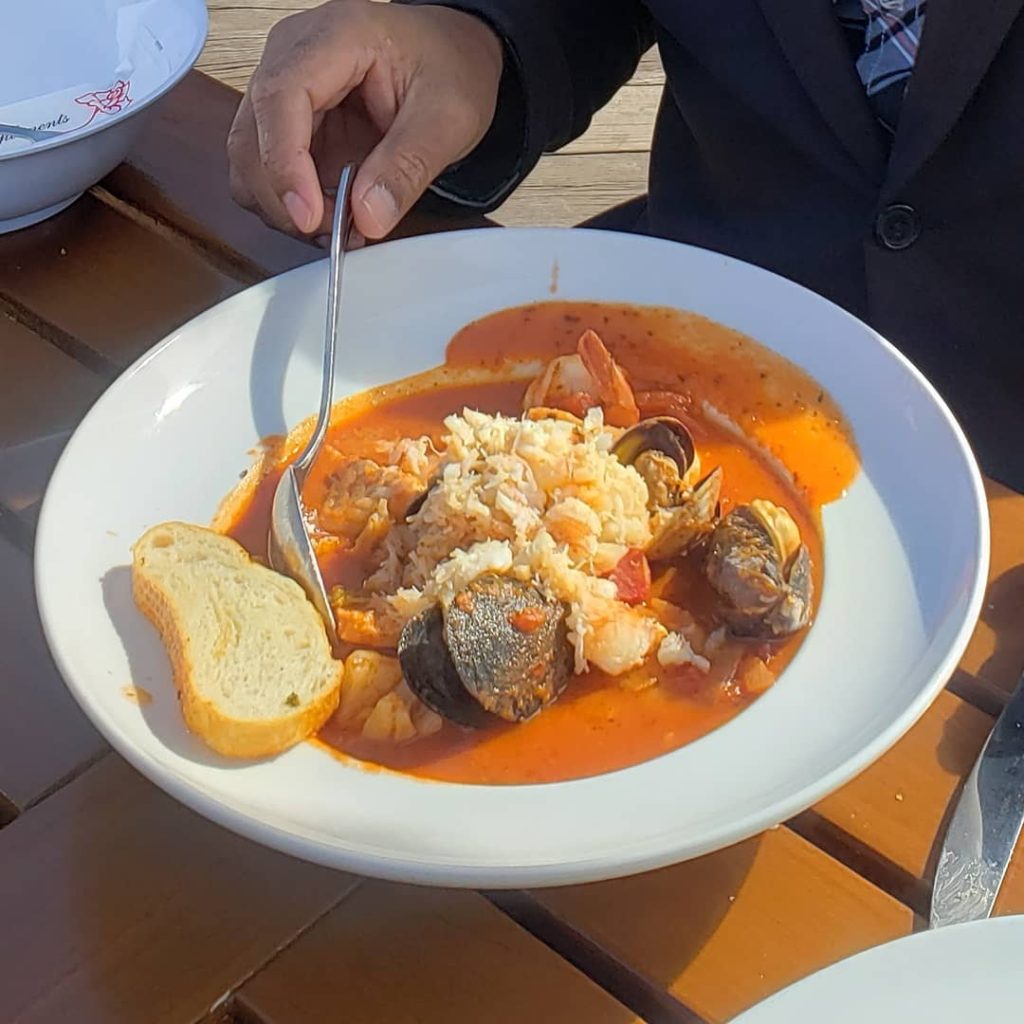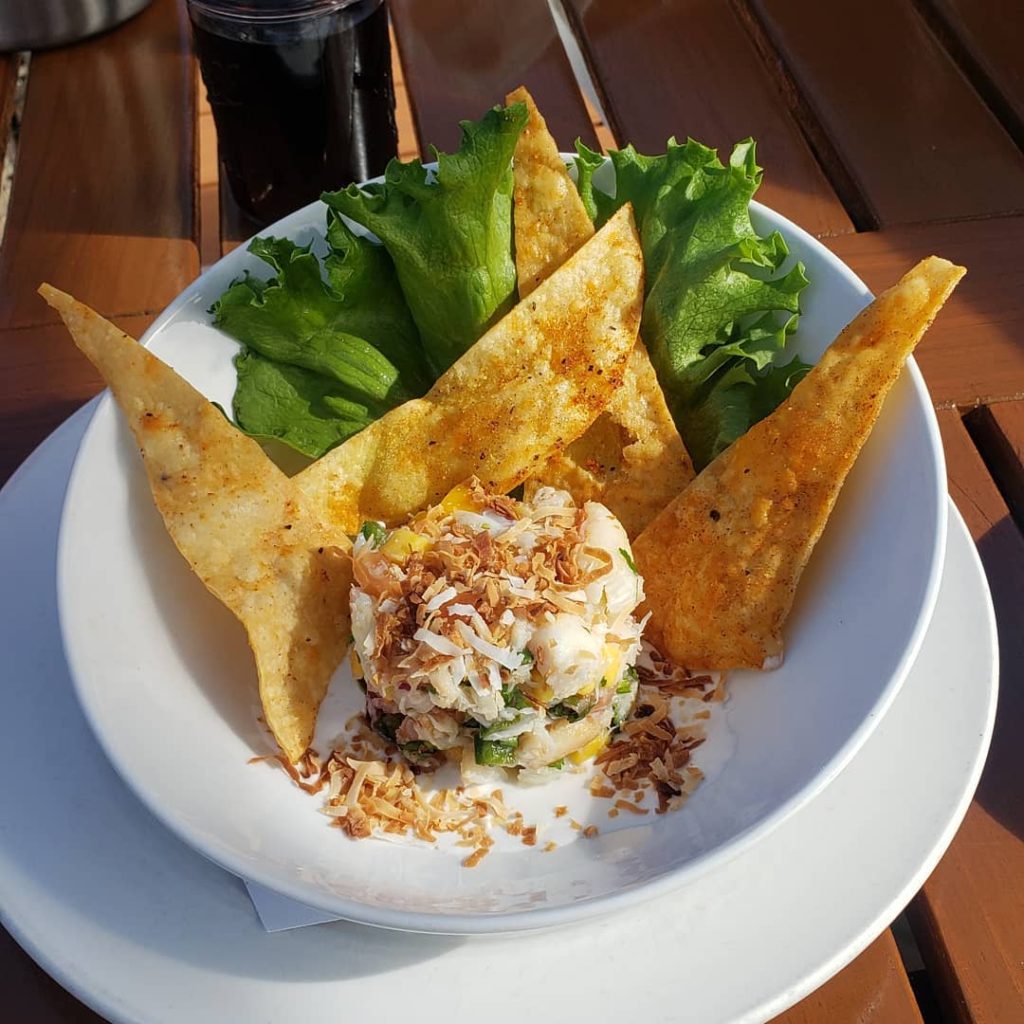Do not join those who drink too much wine or gorge themselves on meat, for drunkards and gluttons become poor, and drowsiness clothes them in rags.
Proverbs 23:20-21
It’s an awkward time to be writing about this topic because I’m currently at my heaviest weight ever, including my pregnancies; and I have avoided writing it for a long time due to that fact. However, as I continue to see disordered eating promoted as healthy among my friends at church, it became imperative that I write the thoughts on my heart.
- Being overweight is not a sin.
A person is either underweight, a healthy weight, or overweight. It is a state of being. It is a fact. It is not a sin. However, being overweight can be a symptom of multiple sins: gluttony (Ezekiel 16:49), greed (Ephesians 5:3), without self control (2 Timothy 3:1-5) to name a few. Personally, I gave into gluttony and greed for months. As life became stressful, I ate more food to help myself feel better; and I steadily gained weight as I made more and more frequent unrighteous choices. About two months ago, I made the decision to repent. I began to consciously choose to stop eating when I was no longer hungry and to wait until I was hungry to eat again. I am still overweight, but I’m no longer in sin.

This principle is particularly important in situations where we are discipling one another in our relationships with God. When trying to help a friend work through the sins that can potentially lead to being overweight, one must disciple the actual sin. Naming and creating a plan of repentance for the sin is much different than offering someone a specific diet that worked for you and helped you lose weight.
- When we confess to one another or celebrate victories, it should be confession or victories with Biblical descriptions.
When sharing a victory in this area with a friend, a Bible-based victory would sound like, “I was tempted to give into gluttony because I was upset with my kids, but I chose not to give into that temptation.” The “victory” of losing ten pounds could have come from righteous choices, but it could just as easily have come from unrighteous ones. At one point in my life, losing weight became so important to me that I would punish myself for overeating by forcing myself to throw up the food I had eaten. If my weight loss was the top priority, that decision would be condoned.
Framing our victories and confessions through a Biblical lens will help us keep the Bible at the center of the discussions. We can look at the way God taught us to love the bodies He gave us and care for them as He wants us to, rather than the ways of a weight loss culture that thrives on yo-yo dieting to continue making money.

- Disordered eating can easily become a form of idolatry.
So I commend the enjoyment of life, because there is nothing better for a person under the sun than to eat and drink and be glad. Then joy will accompany them in their toil all the days of the life God has given them under the sun.
Ecclesiastes 8:15
If our focus is one weight loss rather than righteousness, it can lead to disordered eating where our food becomes the focus of our mind throughout the day. In the same way that there are sins potentially connected to being overweight, choosing to obsess over the food we eat or other people eat is a form of idolatry. God gave us food to be enjoyed. He created all the different flavors and spices and textures for us to explore. Meals should be a part of our life, but when they become our main focus throughout the day, we need to recalibrate our thoughts.
So much of this starts out with how we teach our children to eat. When we make dessert a reward for finishing food, that becomes the goal of eating. When children have to finish their whole plates before they are allowed to leave, it teaches them to ignore their bodies’ signals of fullness in order to obey the rules. When they see their parents talking about losing weight all the time, weight loss seems like it should be the goal for their lives no matter how many times we tell them, “you’re beautiful.” Kids learn infinitely more from our lives than from our words.

This is an area I have wrestled with since my children began eating, and our progression looks much like a parenting Reel. Ana Lia got all homemade baby food in reusable squeeze pouches, and Fin got whatever was on our plates because I didn’t have the capacity for homemade baby food anymore. Today, my kids are learning to make their own foods, and they can eat whenever they feel hungry. We generally don’t have a family dinner as the kids eat more in the morning than they do at night. When they are done eating, they can take their plates to the sink no matter how much food is left on them. I have no idea how much the kids weigh because I don’t want them to think getting on a scale should be a regular part of life. There are days where I don’t know if I have swung the pendulum too far or should establish more rules around food in the house. But I know that God designed our bodies to do incredible things, so I will teach them to trust their bodies to say when they are done eating.
- Exercise should be a part of daily life but not a focus of it.
In the same ways that obsession with food can become an idol, obsession with exercise or discipling about exercise can be the same. However, the myriad benefits of physical movement and being outdoors cannot be ignored. If we are struggling with school, taking everyone outside immediately improves our moods. Most young children need hours of running and playing to work out all their energy to even be able to focus on school work. Most adults would benefit from similar levels of fun and play. Again, the problem is when exercise becomes a punishment for eating the “wrong” things.
Regular exercise is one of the ways I manage my anxiety and my anger, so I keep in mind how much it improves my discipleship. I cannot allow it to dominate my life or overtake other parts of it.

Conclusion
The Bible requires us to care for the bodies we were given, but we must be careful that we do not lead ourselves or others into idolatry with the twisted views we have learned from diet culture. When weight loss becomes the primary goal, we have exchanged the gospel of Jesus for the gospel of vanity.